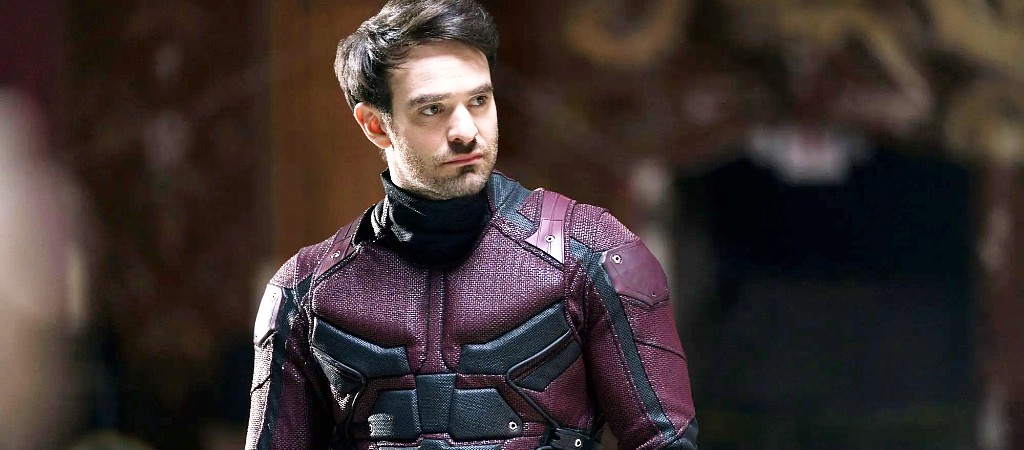Last week, BET held its annual BET Hip-Hop Awards at Atlanta’s Cobb Energy Performing Arts Center. The ceremony aired on BET last night (October 10), during which Kendrick Lamar was named the winner of four coveted awards, including hip-hop artist of the year, lyricist of the year, best live performer, and video director of the year. Other notable winners include Drake, 21 Savage, J. Cole, and Lil Durk.
We’ve compiled a list of nominees and winners from the night, and you can see the full list of winners below.
Hip-Hop Artist of the Year
Kendrick Lamar (winner)
21 Savage
Burna Boy
Cardi B
Drake
Glorilla
J. Cole
Lil Uzi Vert
Song of the Year
“Just Wanna Rock” by Lil Uzi Vert (winner)
“All My Life” by Lil Durk Feat. J. Cole
“God Did,” DJ Khaled feat. Rick Ross, Lil Wayne, Jay-Z, John Legend, and Fridayy
“Players” by Coi Leray
“Put It On Da Floor Again” by Latto feat. Cardi B
“Rich Flex” by Drake & 21 Savage
“Sittin’ On Top Of The World” by Burna Boy Feat. 21 Savage
“Tomorrow 2″ by GloRilla & Cardi B
Hip-Hop Album of the Year
Her Loss by Drake & 21 Savage (winner)
Anyways, Life’s Great… by Glorilla
Coi by Coi Leray
God Did by DJ Khaled
Heroes & Villains by Metro Boomin
Jackman by Jack Harlow
Pink Tape by Lil Uzi Vert
Traumazine by Megan Thee Stallion
Best Hip-Hop Video
“Just Wanna Rock” by Lil Uzi Vert (winner)
“Players” (DJ Smallz 732 – Jersey Club Remix) by Coi Leray
“Put It On Da Floor Again” by Latto Feat. Cardi B
“Shake Sumn” by DaBaby
“Sittin’ On Top Of The World” by Burna Boy Feat. 21 Savage
“Spin Bout U” by Drake & 21 Savage
“Tomorrow 2″ by GloRilla & Cardi B
Best Collaboration
“All My Life” by Lil Durk Feat. J. Cole (winner)
“God Did” by DJ Khaled Feat. Rick Ross, Lil Wayne, Jay-Z, John Legend & Fridayy
“Players” (DJ Saige Remix) by Coi Leray Feat. Busta Rhymes
“Princess Diana” by Ice Spice & Nicki Minaj
“Put It On Da Floor Again” by Latto Feat. Cardi B
“Sittin’ On Top Of The World,” by Burna Boy Feat. 21 Savage
“Tomorrow 2″ by GloRilla & Cardi B
Impact Track
“All My Life” by Lil Durk Feat. J. Cole (winner)
“30″ by Nas
“Anxiety” by Megan Thee Stallion
“Can’t Win for Nothing” by Symba
“Champions” by NLE Choppa
“God Did” by DJ Khaled Feat. Rick Ross, Lil Wayne, Jay-Z, John Legend & Fridayy
“Scientists & Engineers” by Killer Mike & André 3000 Feat. Future & Eryn Allen Kane
“Therapy Pt. 2″ by Robert Glasper Feat. Mac Miller
Best Duo or Group
Drake & 21 Savage (winner)
City Girls
DJ Drama & Jeezy
Earthgang
Larry June & The Alchemist
Quavo & Takeoff
Rae Sremmurd
Best Live Performer
Kendrick Lamar (winner)
Burna Boy
Busta Rhymes
Cardi B
Coi Leray
DaBaby
Drake
Megan Thee Stallion
Best Breakthrough Hip Hop Artist
Ice Spice (winner)
Armani White
Central Cee
Doechii
Finesse2tymes
Kaliii
Lola Brooke
Sexyy Redd
Lyricist of the Year
Kendrick Lamar (winner)
21 Savage
André 3000
Burna Boy
Cardi B
Conway The Machine
Drake
J. Cole
Producer of the Year
Metro Boomin (winner)
Atl Jacob
DJ Khaled
Dr. Dre
Hit-Boy
Hitmaka
Kaytranada
London On Da Track
The Alchemist
Video Director of the Year
Dave Free & Kendrick Lamar (winner)
Anderson .Paak
Cole Bennett
Colin Tilley
DaBaby & Reel Goats
Dave Meyers
Travis Scott
DJ of the Year
Metro Boomin (winner)
Chase B
D-Nice
DJ Cassidy
DJ Clark Kent
DJ Drama
DJ Jazzy Jeff
DJ Khaled
Kaytranada
Best Hip-Hop Platform
Caresha Please (winner)
AllHipHop
Drink Champs
HipHopDX
Million Dollaz Worth Of Game
Rap Caviar
The Breakfast Club
The Joe Budden Podcast
XXL
Hustler of the Year
50 Cent (winner)
21 Savage
Burna Boy
Cardi B
Caresha
DJ Khaled
Drake
Jay-Z
Sweet 16: Best Featured Verse
Jay-Z, “God Did” (DJ Khaled Feat. Rick Ross, Lil Wayne, Jay-Z , John Legend & Fridayy)
21 Savage, “Creepin’” (Metro Boomin Feat. The Weeknd & 21 Savage)
21 Savage, “Peaches & Eggplants” (Young Nudy Feat. 21 Savage)
André 3000, “Scientists & Engineers” (Killer Mike & André 3000 Feat. Future & Eryn Allen Kane)
Cardi B, “Tomorrow 2” (Glorilla & Cardi B)
Cardi B, “Put It On Da Floor Again” (Latto Feat. Cardi B)
Drake, “Oh U Went” (Young Thug Feat. Drake)
J. Cole, “All My Life” (Lil Durk Feat. J. Cole)
Best International Flow
Black Sherif (Ghana) [winner]
Aka (South Africa)
Central Cee (UK)
Gazo (France)
J Hus (UK)
K.O (South Africa)
Major Rd (Brazil)
Ninho (France)
Sampa The Great (Zambia)
Tasha & Tracie (Brazil)
Some of the artists mentioned are Warner Music artists. Uproxx is an independent subsidiary of Warner Music Group.

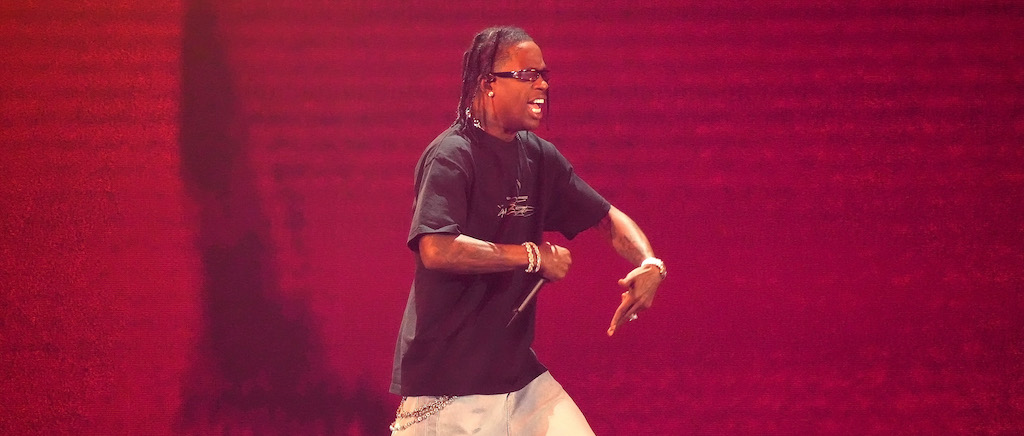
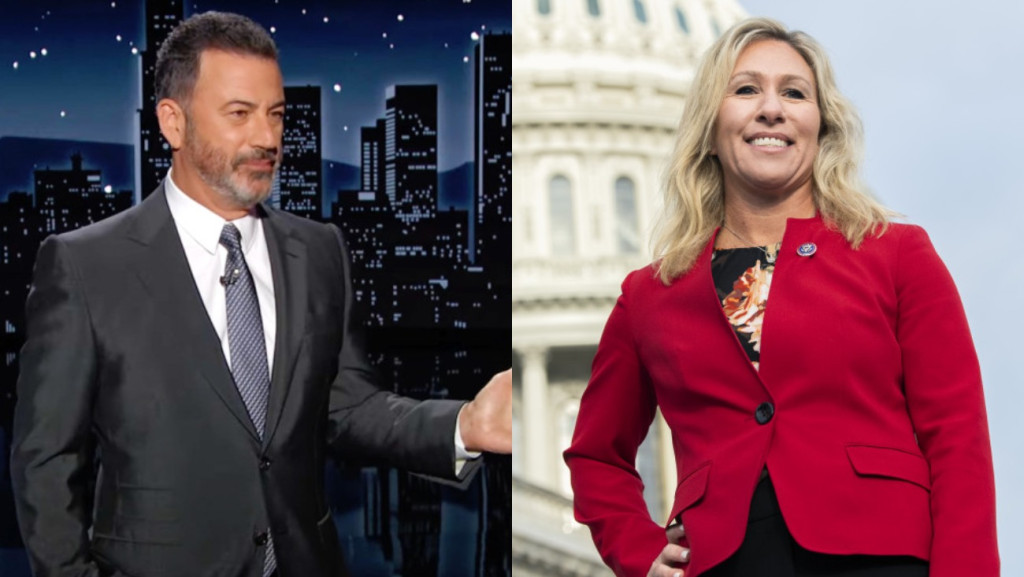

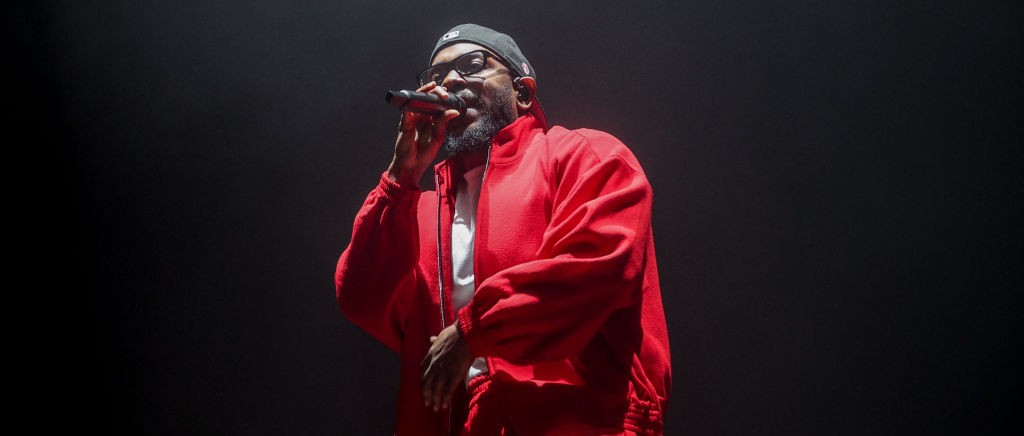
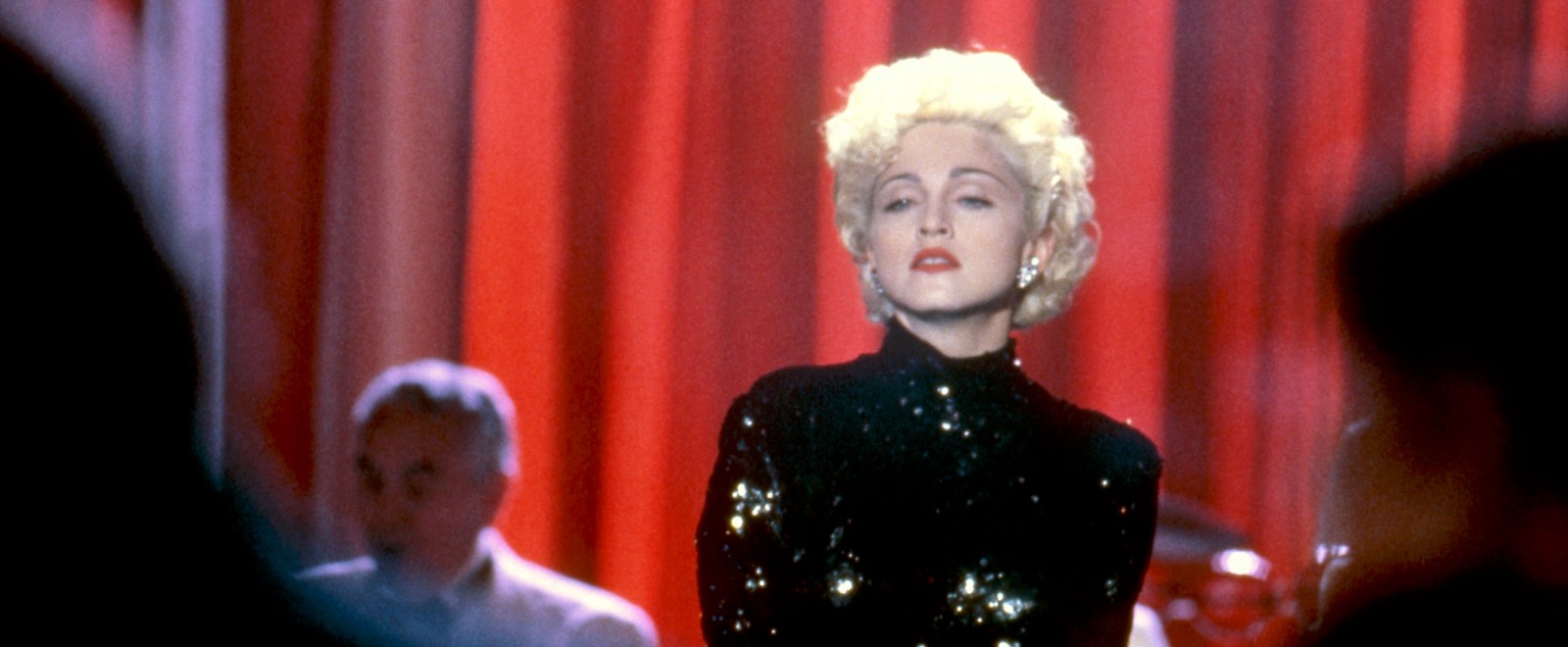





 🅴 (@Mood4Eva98)
🅴 (@Mood4Eva98) 
 (@kokoyonce)
(@kokoyonce) 

 (@beyoncegarden)
(@beyoncegarden) 